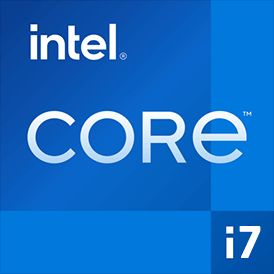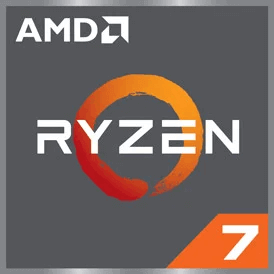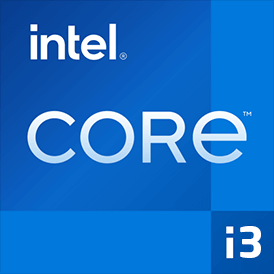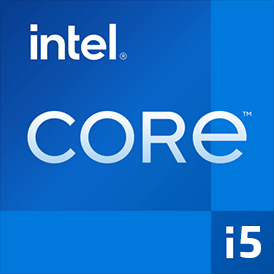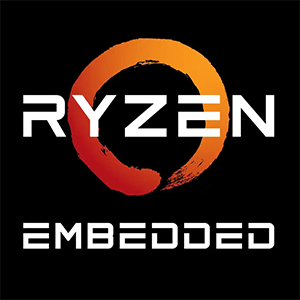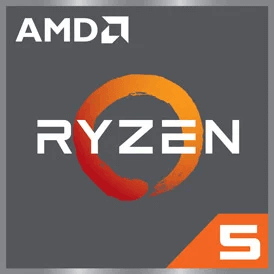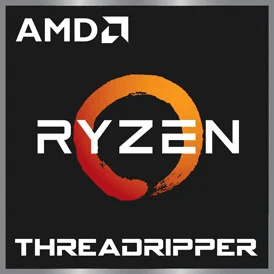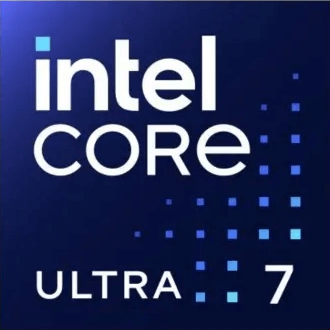Intel Core i7 11700F vs AMD Ryzen 7 7800X
We compared two desktop CPUs: Intel Core i7 11700F with 8 cores 2.5GHz and AMD Ryzen 7 7800X with 8 cores 4.5GHz . You will find out which processor performs better in benchmark tests, key specifications, power consumption and more.
Main Differences
Intel Core i7 11700F 's Advantages
Lower TDP (65W vs 105W)
AMD Ryzen 7 7800X 's Advantages
Released 1 years and 10 months late
Integrated graphics card
Higher specification of memory (5200 vs 3200)
Newer PCIe version (5.0 vs 4.0)
Higher base frequency (4.5GHz vs 2.5GHz)
Larger L3 cache size (40MB vs 16MB)
More modern manufacturing process (5nm vs 14nm)
Score
Benchmark
Cinebench R23 Single Core
Intel Core i7 11700F
1531
AMD Ryzen 7 7800X
+28%
1970
Cinebench R23 Multi Core
Intel Core i7 11700F
11029
AMD Ryzen 7 7800X
+104%
22550
Geekbench 5 Single Core
Intel Core i7 11700F
1644
AMD Ryzen 7 7800X
+27%
2097
Geekbench 5 Multi Core
Intel Core i7 11700F
8821
AMD Ryzen 7 7800X
+83%
16163
General Parameters
Mar 2021
Release Date
Jan 2023
Intel
Manufacturer
Amd
Desktop
Type
Desktop
x86-64
Instruction Set
x86-64
Rocket Lake
Core Architecture
Zen 4 (Raphael)
i7-11700F
Processor Number
-
LGA-1200
Socket
AM5
N/A
Integrated Graphics
Radeon Graphics (Ryzen 7000)
Package
14 nm
Manufacturing Process
5 nm
65 W
Power Consumption
105 W
100 °C
Peak Operating Temperature
95 °C
CPU Performance
8
Performance Cores
8
16
Performance Core Threads
16
2.5 GHz
Performance Core Base Frequency
4.5 GHz
4.9 GHz
Performance Core Turbo Frequency
5.4 GHz
8
Total Core Count
8
16
Total Thread Count
16
100 MHz
Bus Frequency
100 MHz
25x
Multiplier
45
64 K per core
L1 Cache
-
512 K per core
L2 Cache
1 MB per core
16 MB shared
L3 Cache
40 MB shared
No
Unlocked Multiplier
Yes
Memory Parameters
DDR4-3200
Memory Types
DDR5-5200
128 GB
Max Memory Size
128 GB
2
Max Memory Channels
2
50 GB/s
Max Memory Bandwidth
-
No
ECC Memory Support
-
Graphics Card Parameters
-
Integrated Graphics
true
-
GPU Base Frequency
400 MHz
-
GPU Max Dynamic Frequency
2200 MHz
-
Shader Units
128
-
Texture Units
8
-
Raster Operation Units
4
-
Execution Units
2
-
Power Consumption
15
-
Graphics Performance
0.6 TFLOPS
